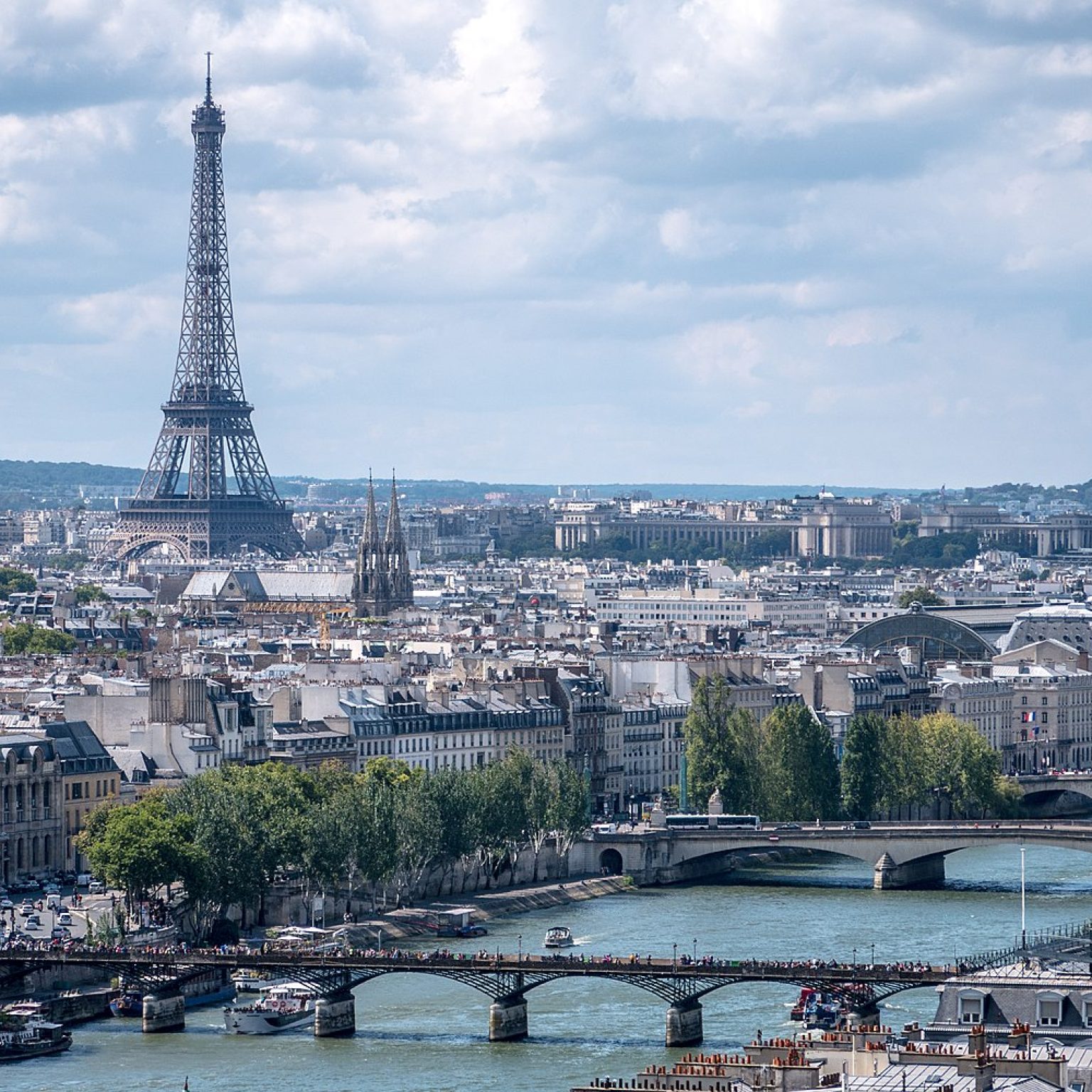
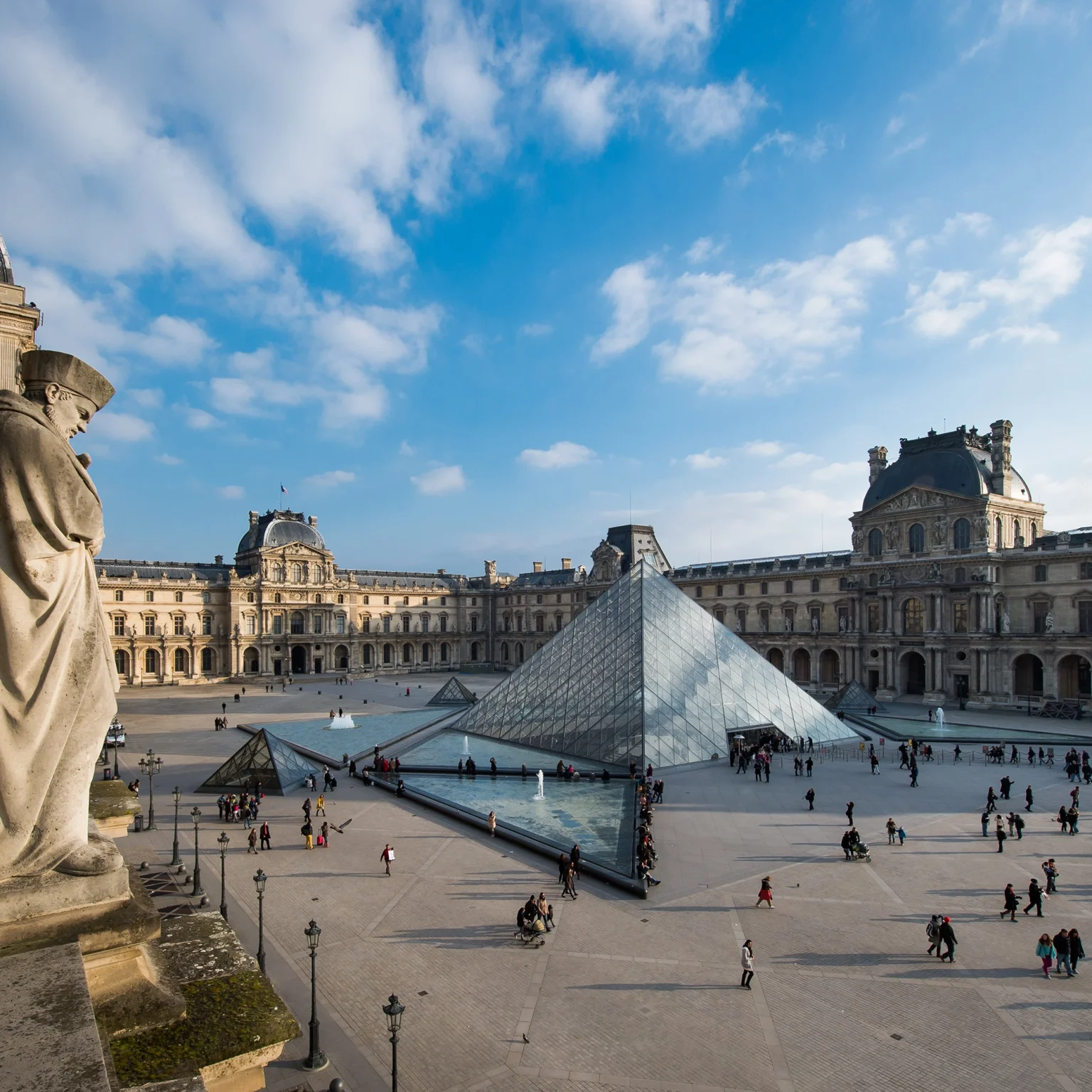
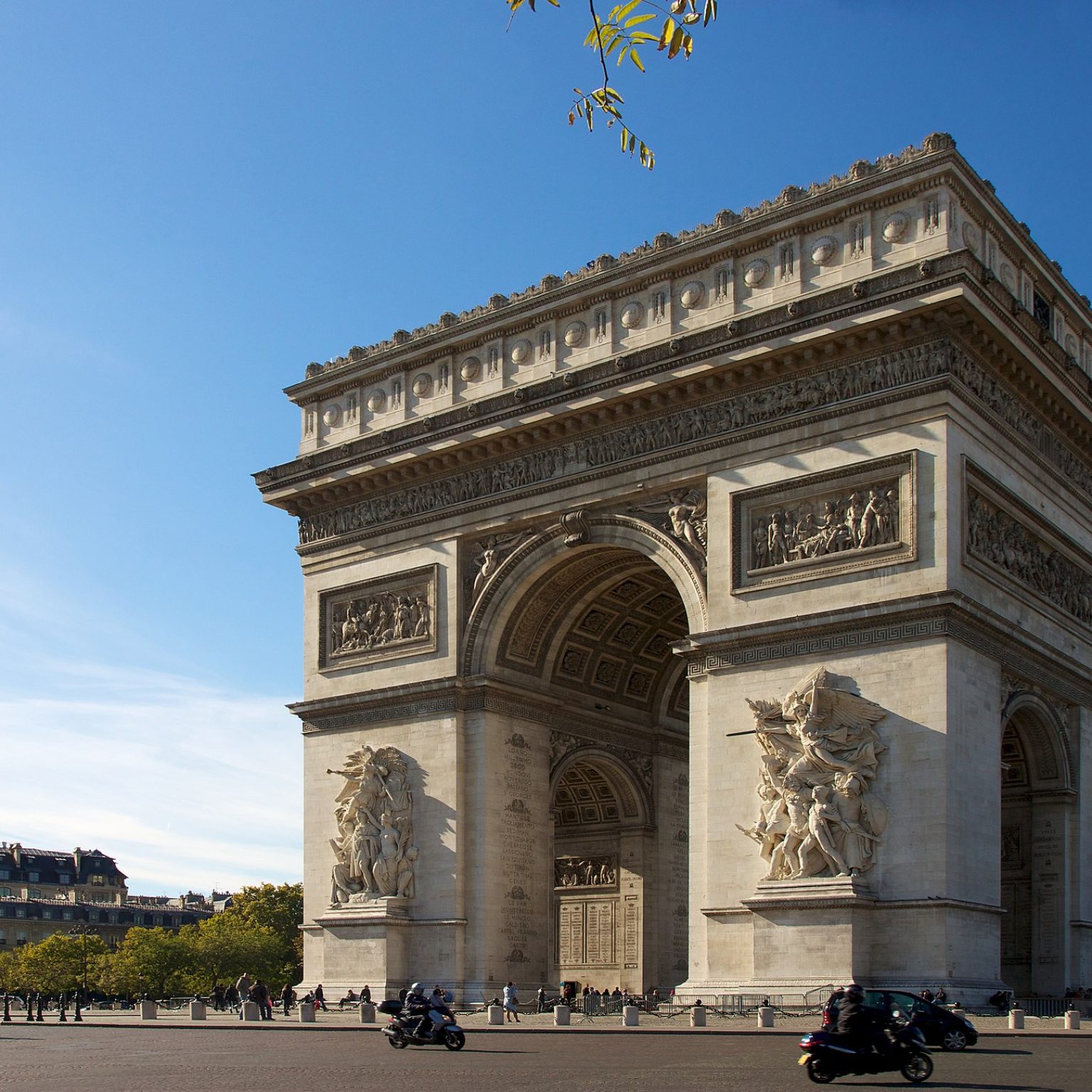
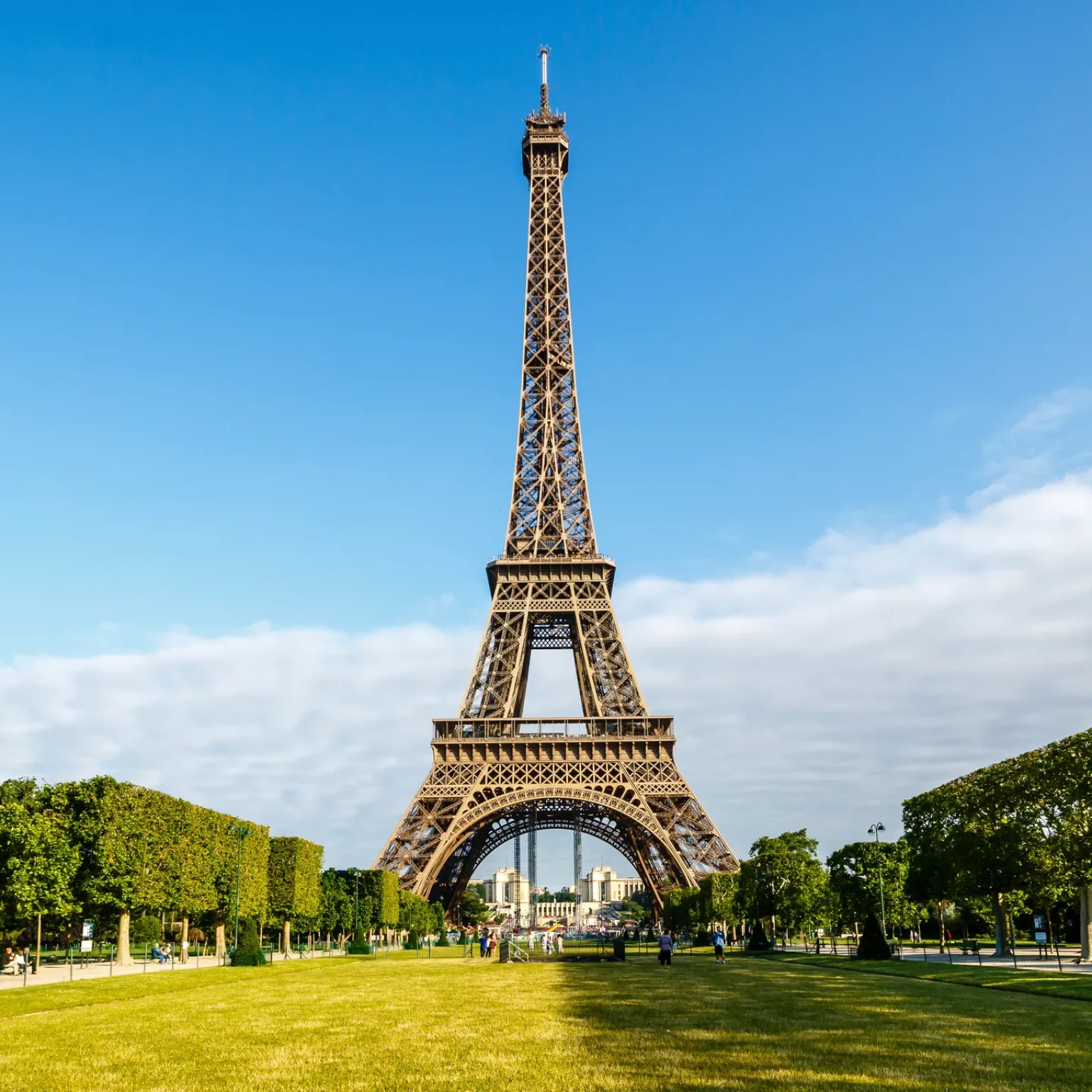
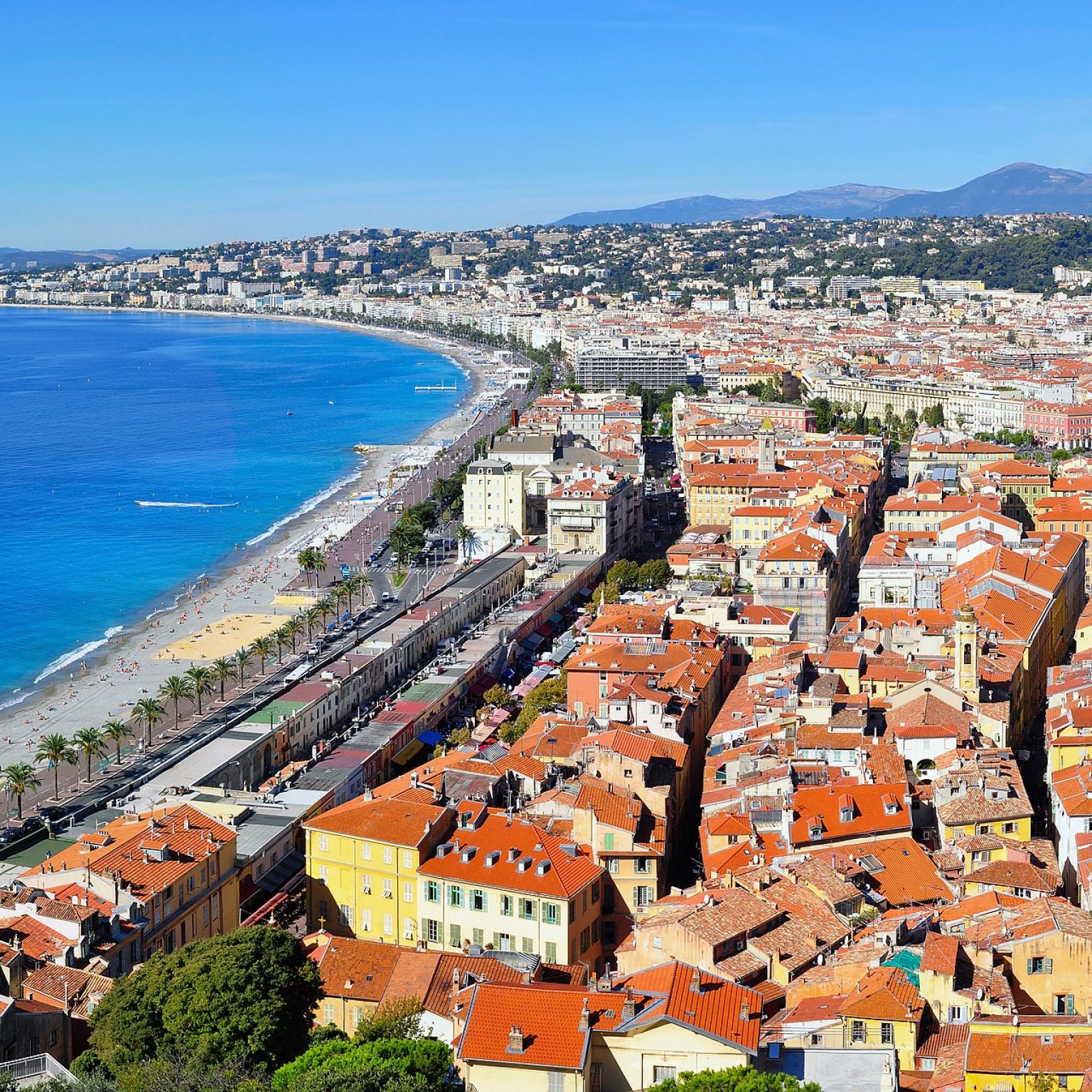
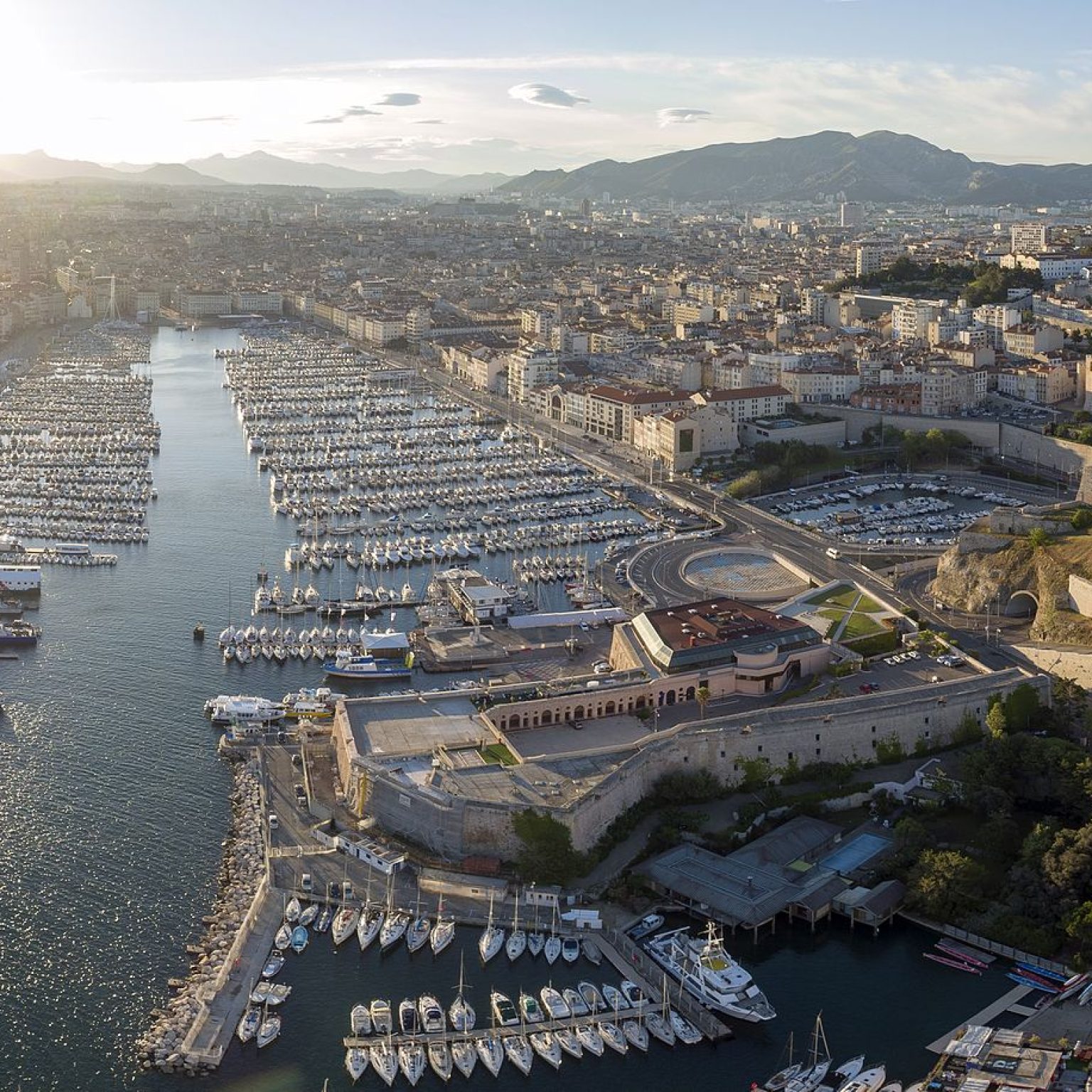
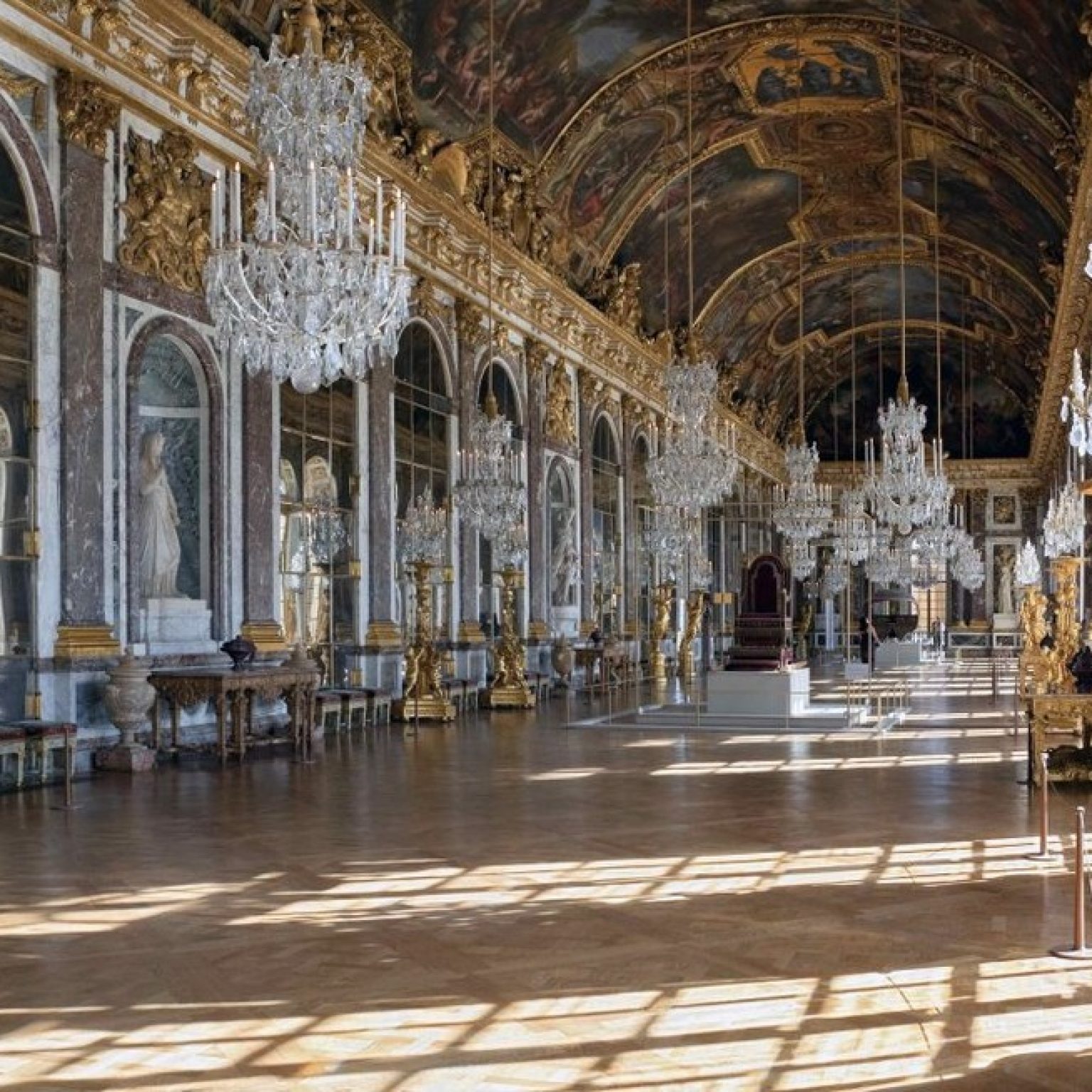
France
Introduction
France is one of the world’s most visited countries, known for its rich history, art, fashion, and diverse landscapes. From the romantic streets of Paris to the sun-soaked beaches of the French Riviera, travelers can enjoy a perfect mix of culture, architecture, and natural beauty. Whether exploring medieval towns, skiing in the Alps, or tasting world-class wines, France offers unforgettable experiences for every type of traveler.
Explore to Asian country.
Best Time to Visit France
- Spring (Mar–May): Pleasant weather, blooming gardens, and fewer crowds.
- Summer (Jun–Aug): Perfect for beaches and festivals but expect higher prices and larger crowds.
- Autumn (Sep–Nov): Mild weather, grape harvest season, and cultural events.
- Winter (Dec–Feb): Great for Christmas markets and skiing in the Alps.
Top Cities to Visit in France
- Paris: The capital is home to the Eiffel Tower, Louvre Museum, and charming cafés, making it a dream destination for art and romance.
- Nice: Located on the French Riviera, Nice offers stunning Mediterranean beaches and a relaxed coastal vibe.
- Lyon: Known as the culinary capital of France, Lyon also boasts Roman ruins and Renaissance architecture.
- Marseille: A lively port city with Mediterranean culture, historic landmarks, and access to the Calanques National Park.
- Bordeaux: Famous for vineyards and wine tours, Bordeaux is a must for wine lovers and cultural enthusiasts.
Must-See Attractions in France
- Eiffel Tower and Notre-Dame Cathedral showcase Paris’s architectural beauty.
- Palace of Versailles offers royal grandeur, while
- Mont Saint-Michel impresses with its island abbey.
- Loire Valley is known for its fairy-tale castles, and the
- Provence lavender fields are a summer highlight. Outdoor lovers can ski in the
- French Alps or hike in the Pyrenees.
Budgeting & Accommodation in France
France offers a wide range of accommodation options to suit every traveler’s budget. Budget travelers can stay in hostels, budget hotels, or charming guesthouses for around €25–€60 per night, especially in smaller towns or outside city centers. Mid-range travelers can enjoy 3–4 star hotels or boutique stays in central locations for €80–€150 per night, offering comfort and convenient access to attractions. Luxury travelers can opt for 5-star hotels, historic châteaux, or boutique city apartments, often including amenities like fine dining, spa services, and guided experiences, with prices starting around €200 per night. France remains relatively affordable for food and transport if you plan ahead: local bakeries, bistros, and public transportation help manage daily expenses.
Food & Cultural Experiences in France
French cuisine is celebrated worldwide, from croissants and baguettes to gourmet cheeses and wines. Each region has its specialties—bouillabaisse in Marseille, crêpes in Brittany, and escargot in Burgundy. French culture values art, fashion, and tradition, with museums like the Louvre and Musée d’Orsay showcasing masterpieces. Festivals such as Cannes Film Festival and Bastille Day add to the cultural charm.
Transportation & Getting Around in France
France has an excellent transportation system, making it easy to travel between cities and regions. The TGV high-speed trains connect Paris with major destinations like Lyon, Marseille, and Bordeaux in just a few hours. Within cities, metros, trams, and buses are efficient and affordable. Renting a car is ideal for exploring the countryside, vineyards, and small towns at your own pace.
Customise Itineraries for France
- 7-Day Classic France: Paris (3 days) → Versailles day trip → Loire Valley castles (2 days) → Bordeaux (2 days).
- 10-Day Adventure: Paris (3 days) → Lyon (2 days) → Marseille & Calanques (3 days) → Nice & Riviera (2 days).
- Family-Friendly: Paris Disneyland (2 days) → Normandy coast (2 days) → Loire Valley (2 days) → Lyon (2 days).
Travel Tips & Safety in France
France is generally safe for tourists, but it’s wise to stay alert in crowded areas, especially in Paris. Keep belongings secure in public transport and tourist zones. Learning a few French phrases can enhance your experience, as locals appreciate the effort. Tipping is not mandatory but rounding up the bill is customary. Always check opening hours for attractions, as many museums close on Mondays.
Frequently Asked Questions
What are the best family-friendly destinations in France?
Disneyland Paris, Loire Valley castles, Normandy beaches, and Provence countryside are ideal for families.
Which are the best road trips in France?
Drive through Provence lavender fields, Alsace Wine Route, French Riviera coast, or Bordeaux vineyards.
Where can I experience authentic French culture?
Visit local markets, wine villages in Burgundy, medieval towns like Carcassonne, and Parisian cafés.
What are the best ski destinations in France?
Chamonix, Val d’Isère, Courchevel, and Les Deux Alpes offer world-class skiing and alpine resorts.
Which hidden gems should I visit in France?
Étretat cliffs, Annecy’s canals, Colmar in Alsace, and Rocamadour are less-crowded, stunning spots.
What are the best wine regions in France?
Bordeaux, Burgundy, Champagne, and Loire Valley are top regions for tours and vineyard tastings.
How many days are enough for a France trip?
7–10 days cover Paris and one region. For a deeper trip, 14 days allow exploring cities, Riviera, and wine regions.
What are the top romantic places in France for couples?
Paris, French Riviera, Loire Valley castles, and Mont Saint-Michel are perfect for romantic getaways.
Where can I enjoy adventure activities in France?
Hike in the Pyrenees, cycle in Provence, kayak the Ardèche Gorge, or go hot air ballooning in Loire Valley.
What are the best festivals to attend in France?
Cannes Film Festival, Bastille Day, Nice Carnival, and Lyon’s Festival of Lights showcase French culture.
